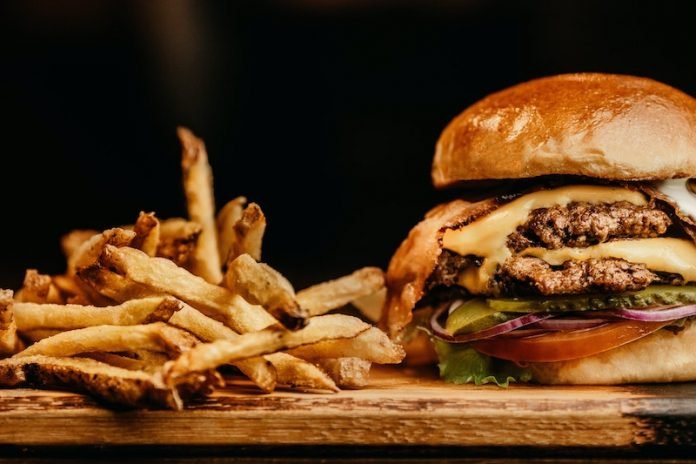
It has long been hypothesized that dietary habits can precede and even exacerbate the development of cancer.
Scientists from Beckman Institute for Advanced Science and Technology found that a direct link exists between the amount of fat included in one’s diet and bodily levels of nitric oxide, a naturally occurring signaling molecule that is related to inflammation and cancer development.
The research is published in ACS Central Science and was conducted by Anuj Yadav et al.
“Inflammation can play a significant role in cancer environment. Certain inflammatory response comes from highly processed foods, which are high in calories and high in fat.
In the study, the team aimed to understand the links between food, inflammation, and tumors at a molecular level.
A molecular probe is a group of atoms or molecules used to study the properties of adjacent molecules by gauging the interactions between the probe and the structures of interest.
But they are not one-size-fits-all. Each probe must be tailored to the conditions of its experiment.
The researchers used the probe to design a diet study in mice, comparing the breast-cancer-carrying mice on a high-fat diet (60% of calories coming from fat) with mice on a low-fat diet (10% of calories coming from fat) by measuring the nitric oxide levels in both groups.
As a result of the high-fat diet, the team found an increase in nitric oxide in the tumor microenvironment.
The authors emphasized the importance of proving a direct link between a high-fat diet, nitric oxide levels, and cancer development.
With this association now known, new implications exist for cancer diagnosis and treatment.
If you care about cancer, please read studies about the cause of lung cancer in never smokers, and aspirin could cut cancer death by 20%.
For more information about cancer prevention, please see recent studies about antibiotics linked to higher colon cancer risk, and results showing what you need to know about supplements and cancer.
Copyright © 2022 Knowridge Science Report. All rights reserved.



